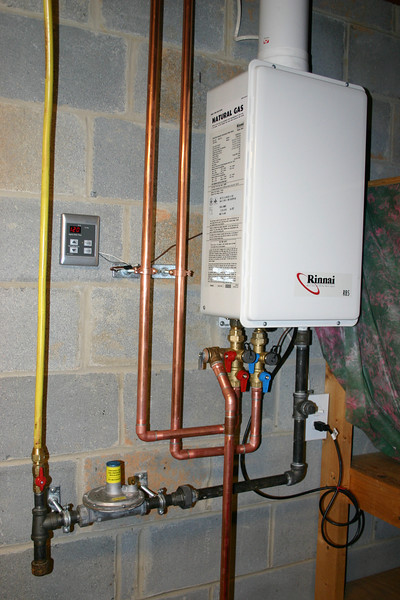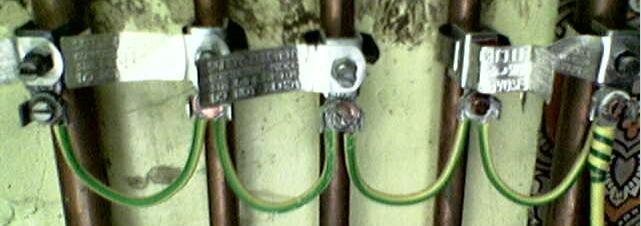Thanks drick!
I'll post the link...
Washington to impose fine on plumbers that repipe houses without maintaining the ground or bonding...
https://terrylove.com/forums/showthread.php?34724-Heads-up-for-Washington-State-Plumbers
What an electrical inspector has to say about this (see post 12 and others)...
(Also ask your local electrical inspector and see what he says.)
https://terrylove.com/forums/showthread.php?33622-Gas-water-heater-ground&daysprune=60
JW - go read the WA State post on the Pro forum.
i wonder how far it is from the State of Washington and Washington DC?
I also wonder what the Washington State amended rule has to do with the NEC.
This is an open discussion forum where most give answers based on the NEC instead of expecting everyone to know the local amendments of every jurisdiction throughout the country.
This bull of bonding every piece of pipe in a building shows the lack of understanding of those trying to shove all this junk down the throats of those who have a full understanding of current flow.
Most don’t understand if there is nothing electrical connected to a metal pipe there is no way the pipe can become energized although some think it is a mysterious phenomenon that takes place and a danger to everyone’s life somehow establishes itself if the pipes are not electrically continuous. This thinking is nothing short of coming from the anal canal of a bull.
Some even argue that the connection of metal water pipes to the electrical system puts those working on the pipe in more danger than if they were left free.
Case in point: the metal water pipe is also the grounding electrode or in other words there is 10 feet or more in direct contact with earth and a plumber has to do a repair on this pipe. If the service has lost its grounded neutral somewhere then the metal water pipe will be energized and, no, it will not open anything except for that poor plumber’s heart when he becomes the path. If the pipe had not have been connected to the electrical service in the first place then the plumber would be in no danger what so ever.
One last comment on this matter. The electrical inspectors do not write the codes. I agree that it is a good idea to talk with the inspector, but, if they are wrong then you are wrong also and the liability will always land in your lap. Make sure that you are abiding by the codes even if the inspector disagrees with you.



